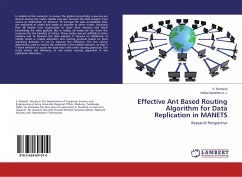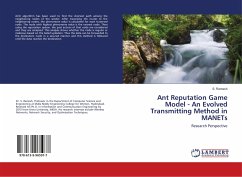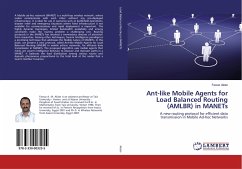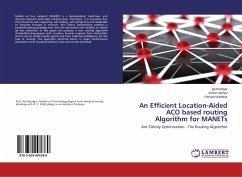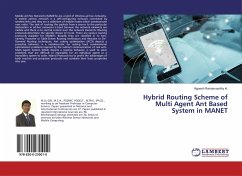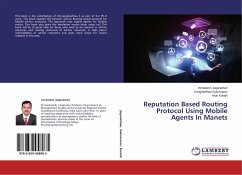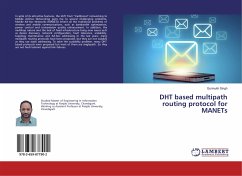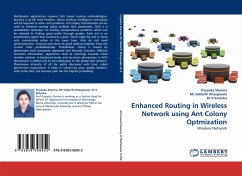In mobile ad hoc network, to ensure the global connectivity, resources are shared among the nodes. Nodes may also forward the data packets from source to destination on demand. To increase the data accessibility data are replicated at nodes and made as sharable to other nodes. Assuming that all mobile host cooperative to share their memory and allow forwarding the data packets. But in reality, all nodes do not share the resources for the benefits of others. These nodes may act selfishly to share memory and to forward the data packets. It focuses on selfishness of mobile nodes in replica allocation and routing protocol based on food searching behavior of ant to improve the efficiency. The Ant colony algorithm is used to reduce the overhead in the mobile network, so that it is more efficient to access the data than with other routing protocols. The result shows the efficiency of ant based routing algorithm in the replication allocation.
Bitte wählen Sie Ihr Anliegen aus.
Rechnungen
Retourenschein anfordern
Bestellstatus
Storno

